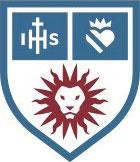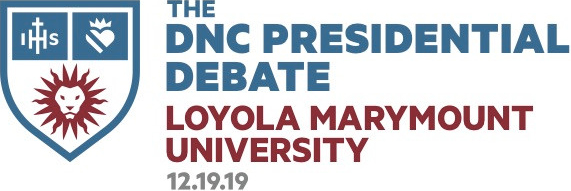On December 19, Loyola Marymount University will become part of presidential debate history by welcoming the sixth Democratic primary debate, hosted by PBS NewsHour and POLITICO, to its campus. In anticipation of the big event, the LMU History Department took to Twitter for a dive into memorable moments in debate history.
Early debates in U.S. political history, such as the famous series of debates in 1858 between Abraham Lincoln and Stephen Douglas, could last for several hours and required a seriously impressive attention span.
Abraham Lincoln & Stephen Douglas had 7 debates, focused mostly on slavery, in the 1858 IL Senate race. The format was different from today’s debates: one candidate spoke for 1 hour, followed by a 90-minute rebuttal by the other, & then a 30-minute rebuttal by the first. 2/33 pic.twitter.com/3YyjwWHeZg
— LMU History (@LMU_History) November 17, 2019
Modern debates, as we know them, began with the televised general election presidential debate in 1960 between John F. Kennedy and Richard Nixon. Television viewers thought that JFK won the debate, while radio listeners thought Nixon was a stronger candidate.
After that, general election presidential debates took a hiatus until 1976. But as candidates became more familiar with the nuances of televised debates, they began to create television history moments with searing one-liners and memorable attacks.
Candidates also learned about the many pitfalls of televised debates, such as careless body language or being perceived as dismissive or overly aggressive.
In recent televised debates, social media platforms such as Twitter and Facebook have played a critically influential role.
LMU History also asked PBS NewsHour and POLITICO to cover a variety of issues during the debate on December 19, including climate change, immigration, and student debt, with a shout out to the Bellarmine Forum 2020 theme of transformative justice.
To see the full LMU History Twitter thread and learn more about U.S. debate history, please click here.






